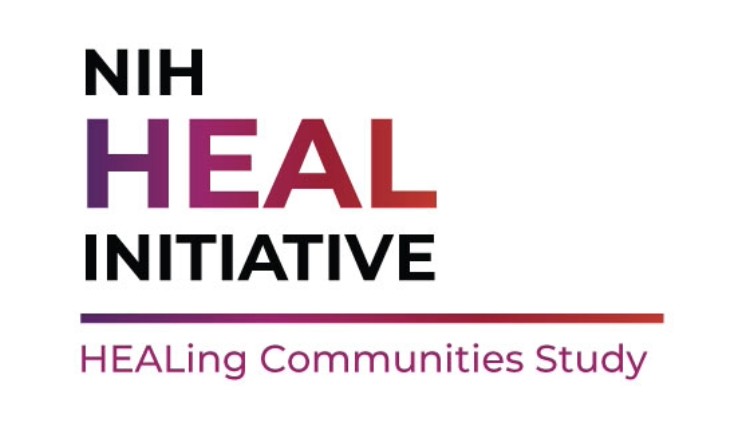The main results paper from the addiction prevention and treatment implementation study was published in the New England Journal of Medicine on Sunday, June 16, 2024.
The opioid overdose epidemic has devastated communities throughout the United States, with more Americans dying from drug overdoses in 2022 than from car accidents and gun violence. The NIH-funded HEALing Communities Study (HCS), included 67 communities from New York State, Kentucky, Massachusetts, and Ohio conducted from 2019 to 2024 and is the largest addiction prevention and treatment implementation study ever conducted. Professor Nabila El-Bassel, from the Columbia University School of Social Work, serves as the Principal Investigator on the New York study site, where she implemented the study with a diverse, multidisciplinary team of faculty and scientists from the Social Intervention Group (SIG), as well as other universities.
The HCS deployed 1,030 total evidence-based interventions in 67 communities, including 16 counties in New York State. Key evidence-based interventions included opioid education and naloxone distribution, enhancing access to medication for opioid use disorder, stigma campaigns, and safer opioid prescribing and dispensing, linkage to drug treatment, and harm reduction services.
Though the study’s impact on mortality was not statistically significant, due largely to the alarming rise of fentanyl in the drug supply and the COVID-19 pandemic, the human impact was significant. An estimated total of 483 deaths were averted in the intervention arm, as compared to the control arm during the evaluation period.
Using a data driven approach, HCS researchers engaged local communities create coalitions of key stakeholders. Rather than researchers working separately from the community and then “giving back” their findings, they connected directly with those community coalitions, working hand in hand to create data dashboards, implement evidence-based interventions, and use community dashboard and simulation modeling to deploy tailored interventions that meet that community’s needs.
The study team continues to examine the HCS intervention’s impact on the secondary outcomes, including total overdose deaths from non-opioid drugs, non-fatal opioid overdose, community stigma reduction towards people who use drugs, and more. The coalitions in both intervention and control arms have allocated funding to continue implementing evidence-based, data-driven approaches to preventing overdose and saving lives.
HEALing Communities Study main results in the media:
- Medical Xpress: Study finds data-driven intervention did not impact opioid-related overdose death rates over evaluation period
- STAT News: Ambitious federal study failed to curb opioid deaths, NIH announces
- MedPage Today: Community Intervention for Opioid Overdose Falls Flat, but Also Faced Challenges
- WBUR: Ambitious federal effort to curb overdoses shows no impact on deaths, initial study finds
- Lexington Herald Leader: UK’s HEAL grant didn’t meet overdose death reduction goal, but still counts successes
- Tampa Free Press: $344 Million NIH-Funded Intervention Fails To Reduce Opioid Overdose Deaths
- Scripps News: Community intervention did not lower opioid deaths like researchers hoped, federal study shows
- Psychology Today: Here's What a Massive New NIH Addiction Study Found

